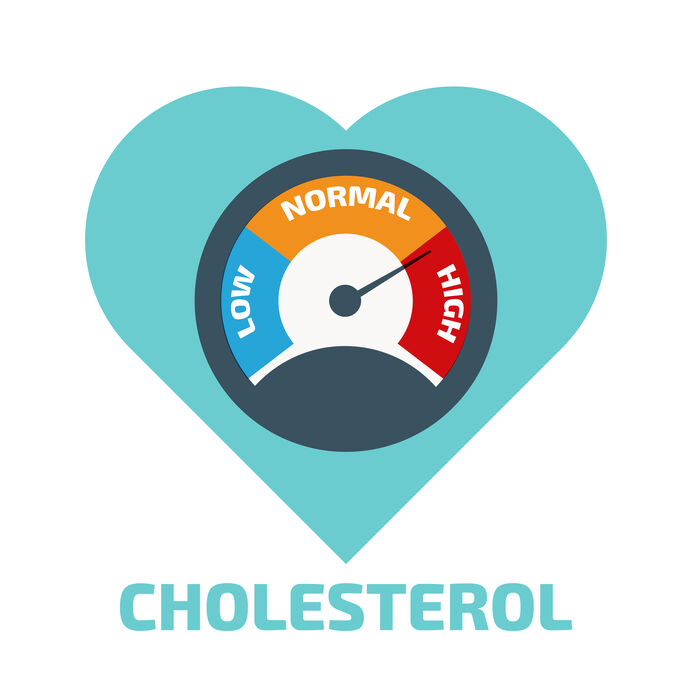
Cholesterol is a lipid that your liver produces to help build cell membranes and make hormones and certain vitamins. Along with your liver, you also get cholesterol from your diet. Although you need some to properly function, too much cholesterol can put you at risk for heart disease, stroke, and other scary conditions.
The key to a healthy cholesterol level is to have the right balance of the two different types: LDL or “bad” cholesterol and HDL or “good” cholesterol. Since September is National Cholesterol Education Month, let’s go over some lifestyle changes you can make to help regulate your cholesterol levels!
1) Follow a heart-healthy diet.
A healthy diet is one of the most effective ways to manage your cholesterol levels. First, you should work on reducing your intake of saturated fats (red meat, full-fat dairy) and trans fats (baked goods, processed foods, fried foods), which both raise your LDL cholesterol. Then, replace those with foods rich in omega-3 fatty acids (fish, nuts, eggs), monounsaturated fats (olive oil, avocado, peanut butter), and soluble fiber (fruits, veggies, whole grains).
2) Exercise.
Regular exercise is another great way to balance your cholesterol. By helping you reach and maintain a healthy weight, exercise lowers your LDL cholesterol levels. Moderate physical activity also increases HDL cholesterol, so you get double the benefit. Work your way up to at least 30 minutes of light activity five times per week or 20 minutes of more vigorous cardio three times per week.
3) Quit smoking and drink alcohol in moderation.
Smoking and heavy drinking are bad habits in general, but even more so where your cholesterol is concerned. Quitting smoking raises HDL and lowers LDL cholesterol, cutting your risk for heart disease in half within the first year. As for alcohol, drinking too much can impair liver function, keeping it from removing cholesterol from your blood as effectively. Drinking in moderation, however, has actually been shown to increase your level of HDL cholesterol and reduce your risk for heart disease, thanks to the ethanol in alcohol.
4) Take cholesterol-lowering medications and supplements.
If the lifestyle changes above alone do not lower your cholesterol to a healthy level, which may be the case if yours is very high or high due to genetics, talk to your doctor about medications and supplements that can help. There are drugs available that can lower LDL and raise HDL cholesterol. There is also strong evidence that certain supplements, such as fish oil, psyllium (soluble fiber), coenzyme Q10, flaxseed, and garlic help regulate cholesterol too.
At BEK Medical, your health is our top priority. In our online shop and at our Texas stores, you’ll find everything you need to ensure safety, accessibility, and comfort in your home and wherever you go.
Contact us today for more information about any of our affordable home medical products!
